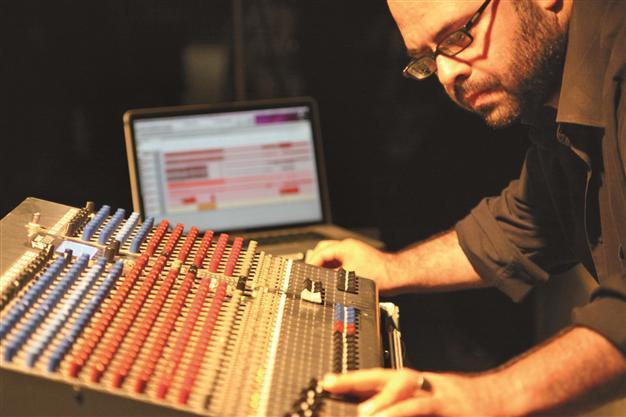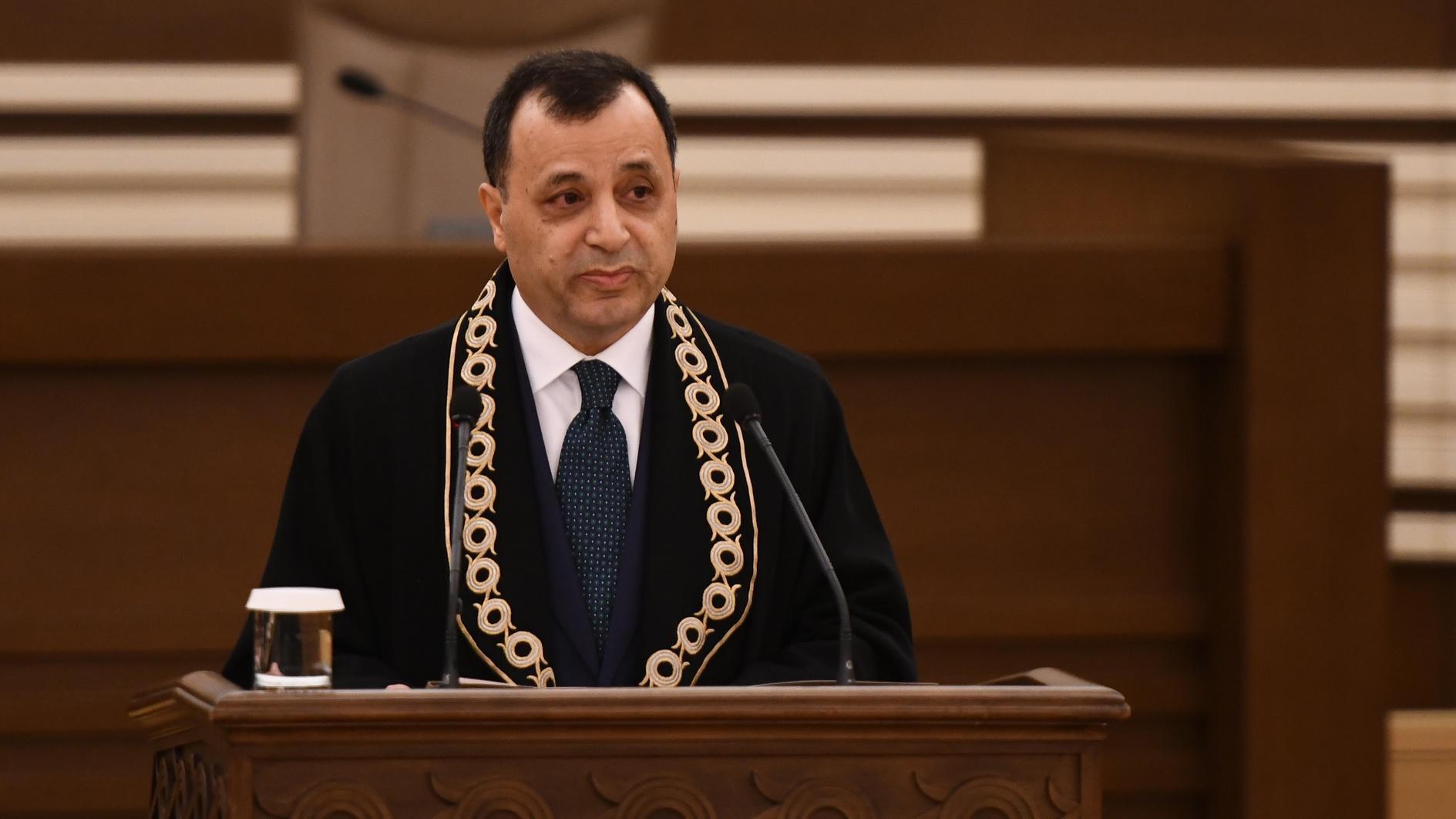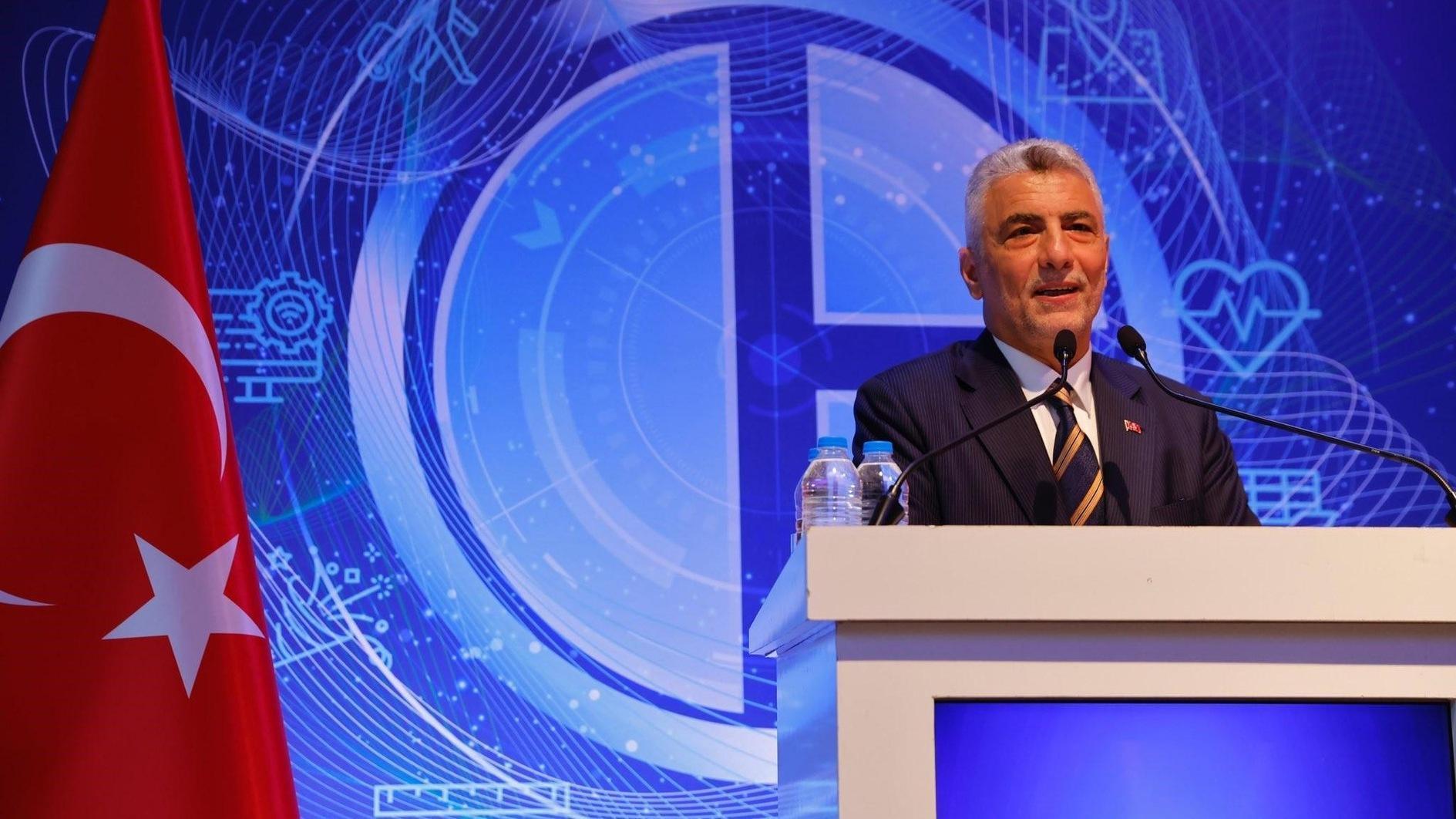Society, music and art joined in one mind
ISTANBUL - Hürriyet Daily News
 Hassan Khan likes to show his multidisciplinary methods of production in his music. While he uses his observations, interactions and interests in his works, his music comes to the fore in his videos.
Hassan Khan likes to show his multidisciplinary methods of production in his music. While he uses his observations, interactions and interests in his works, his music comes to the fore in his videos. Khan is now preparing to give a concert as a closing of his exhibition at Salt. His art works and his music creation come from two different sources, he has said. While he likes to add his personal biography or daily life in his art works, for Khan using music has a different origin.
According to Khan, music is more immediate and less fixed; its history is less of a burden than most other forms.
“Although I am a musician as well as an artist, my relationship with music in both sides of my work is quite different. When I use music in my artwork, I use it as an element within the work that is there for a reason and that has to function within the piece according to that logic,” he said.
Khan said he is aware of its cultural significance, its implications and its history. “The music has to function in a way where all of these elements are consciously being addressed and related to what the work might be, it therefore should not be more or less than what the work needs. However when performing or composing music for its own sake, I allow it to be whatever it wants to be. No matter what that is.”
It is easy to see or discover that Khan is freer when he creates his music, but even though he allows it to be and lets the music exist for only the love of it, his music has codes and a rule.
For his concert, which will take place on Jan. 3 at Ghetto, he is preparing ranges from a delicate breakdown of string arrangements, nocturnal piano minuets and also brutal beats of stacked gamelan riffs and hardcore new-wave synth-Shaabi. The concert’s coda, “Taraban,” is Khan’s own minimal reinterpretation of an early 20th century Egyptian classic.
Taraban and Khan’s music
“’Taraban,’ which I will be performing [among other pieces] at my upcoming concert in Istanbul, is a recent piece that takes a song by the munshid Yusuf al-Manyalawi from the early 20th century and breaks down its musical logic, the way the song is structured, and how certain phrases are sung and then rebuilds them again – actually in a pretty classical fashion that remains true to the original’s understanding of structure and harmony,” he said, adding that he is not combining old melodies with “electronic or modern tunes” but rather he works organically and from scratch with the instruments of the Arab takht: the oud, the qanoun, the violin, the riqq and two singers (mixed together over several layers to create one voice) to produce a new composition built upon the structure of the old one.
So in a sense, said Khan, he has recomposed and rearticulated the song in a new form he finds satisfactory. “This is not about ‘fusion.’ I do not believe in fusion – I believe in music,” said Khan.
Art works and music
“As for what I do in my other art work [regardless of the medium] I think I am always motivated by a mysterious and passionate starting point. This could be the echo of the world, a memory, an intense desire, an analysis, a fiction that is barely understood. On a fundamental level I believe I am unable to explain exactly what it is I am doing, but on another level I believe it has a profound relationship to life itself.”
His music reflects an era, a society and an experience, just like his works. Khan’s exhibition is the result of an artistic practice that is responsive to the monumental scale of human civilization and collective moments, as well as the immaterial charge of objects and gestures.
Khan develops characters and personas in his videos and adds his own music to videos. He likes to draw on the familiar in music – and image-making, such as his engagement with Egyptian shaabi music and the use of a cell phone camera to take photographs and make a film. Often the titles of works hint at personal, ideological, socio-political and conceptual positions from which to consider each work.
The Arab Spring and Egypt
Khan, an Egyptian, does not like the term Arab Spring. He noted that mass media works by producing stories about the world we live in.
“These stories are not innocent. They reflect a certain idea of politics, of how the world is governed, of what we understand society to be. Catchy, easily digested terms like ‘the Arab Spring’ transform the open-ended incredibly rich and difficult process we are living into an event that has in a sense already died even before it began,” he said.“If we want to talk about such events in any real fashion, if we attempt to analyze and understand what is at work, even in a simple fashion, we will have to begin by refusing to close them off, and to fix them into any one definition. Especially if that is a term like ‘the Arab spring,’ whose function is to market a friendly, upbeat narrative or myth about the world we live in.”
















